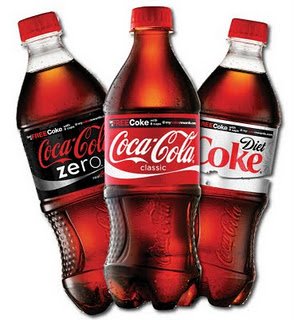Toxins in soft drinks
2 min read
Soft drinks can be one of the greatest carries of environmental toxins. Most require additives and preservatives, which consist of chemical substances. Unfortunately, these substances can actually be harmful to our bodies.
Many times, soft drinks contain toxic levels of sugar. To help combat this, artificial sweeteners are often substituted to lower the number of calories. While beverage manufacturers claim these foods have fewer calories, they can still lead to increased body weight through toxic build up.
FDA regulations require that the flavoring used in any processed food, including soft drinks, be an extract of an actual product, but many times these agents are actually synthetic compositions. This significantly raises the level of toxins in these products, making them even more harmful.
One such flavoring agent used by soft drink manufacturers is caffeine. Caffeine is not only addictive, but consuming it can lead to higher levels of anxiety, irritability, and depression, trouble concentrating and hyperactive behavior.
In diet soft drinks, the artificial sweetener, aspartame, is used as a substitute for sugar. Although aspartame contains no calories, it raises several health concerns, including the link between aspartame and cancer.
Another chemical substance found in many soft drinks is benzene. Benzene is a carcinogen that can cause cancer in humans. It is often times released into the air from emissions from automobiles and burning coal and oil. Exposure to heat and light can lead to the formation of benzene in beverages that contain benzoate salts and ascorbic acid (vitamin C).
While it’s often very difficult to completely eliminate soft drinks from our diets, it is important to limit our consumption as much as possible. This will help prevent unnecessary exposure to several harmful chemical toxins.






